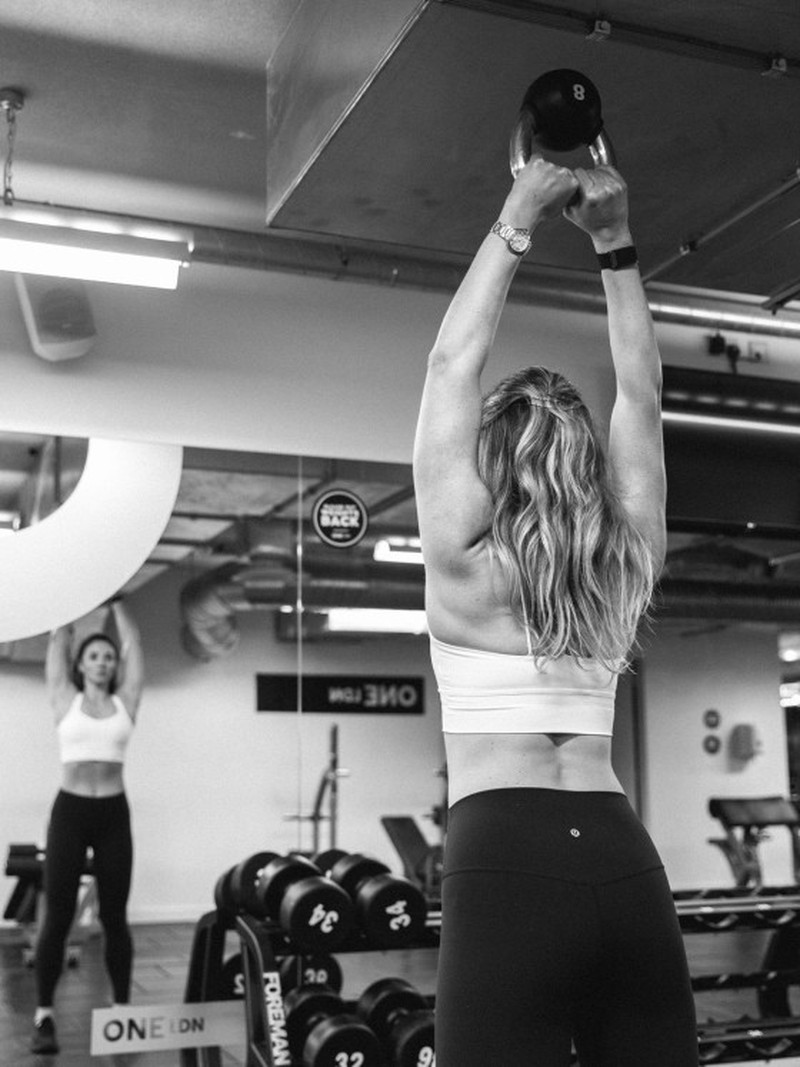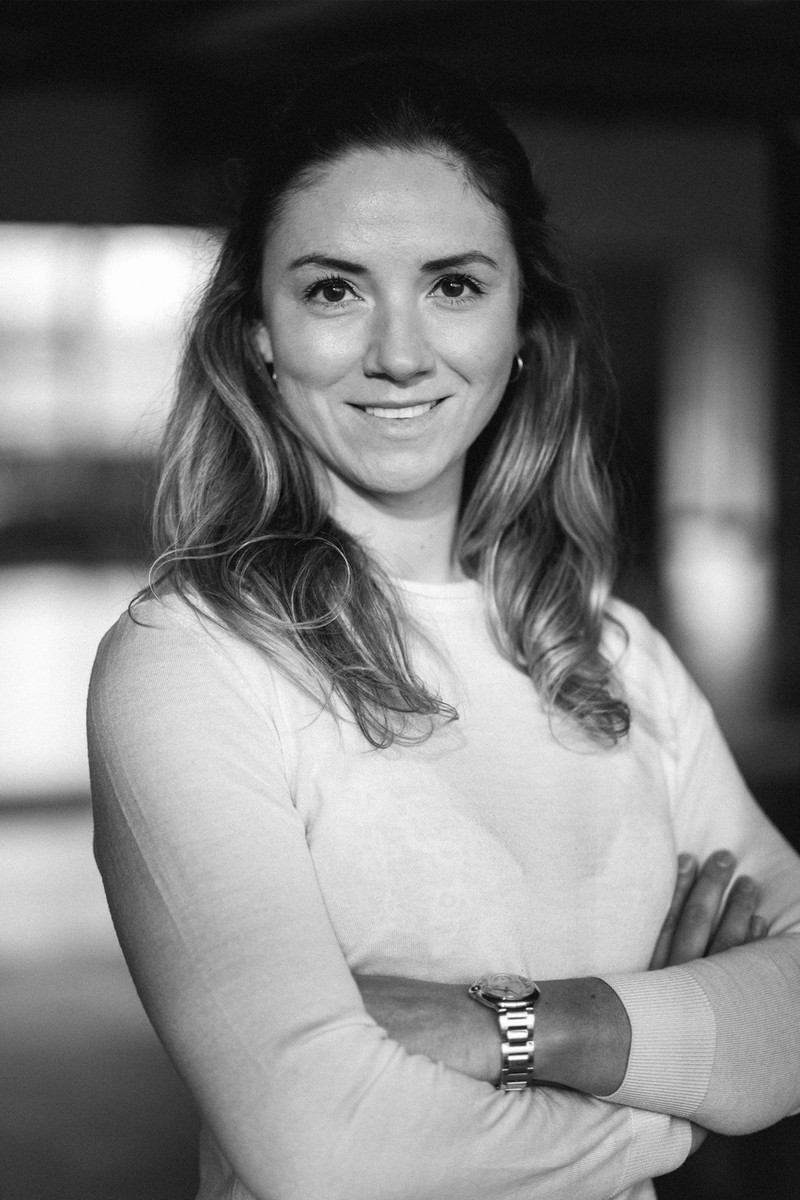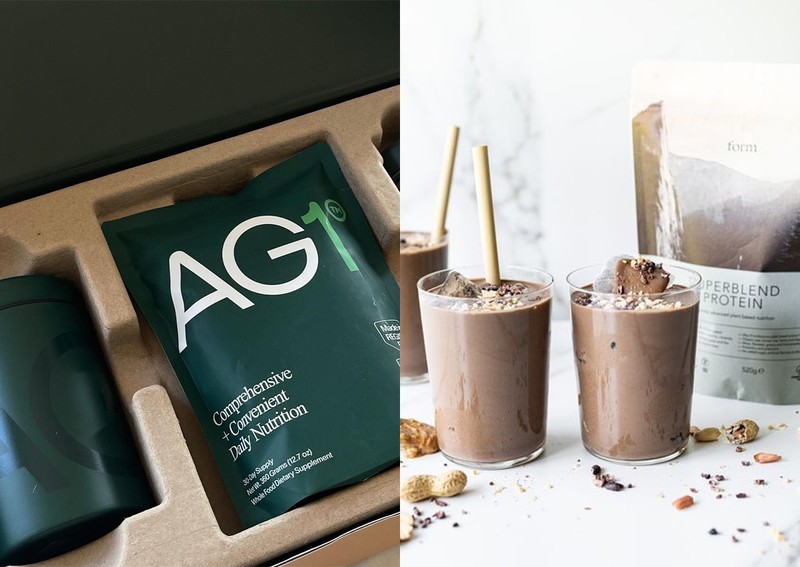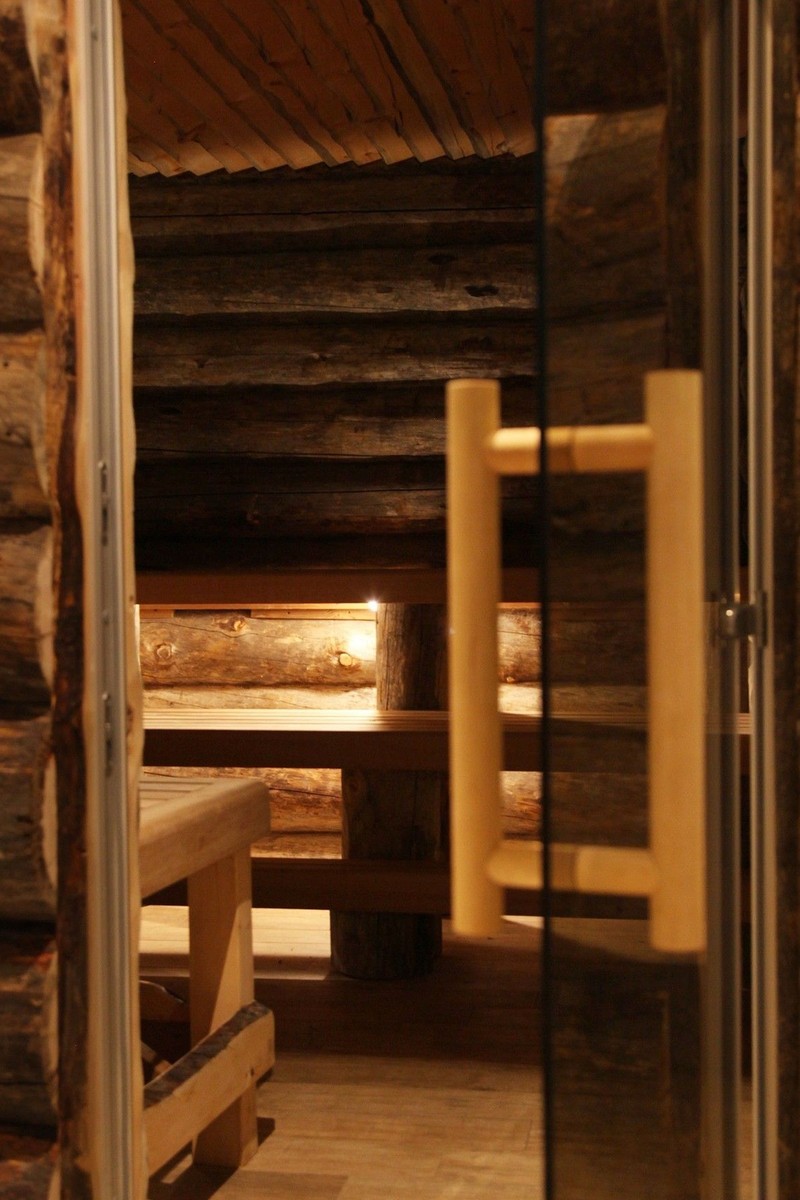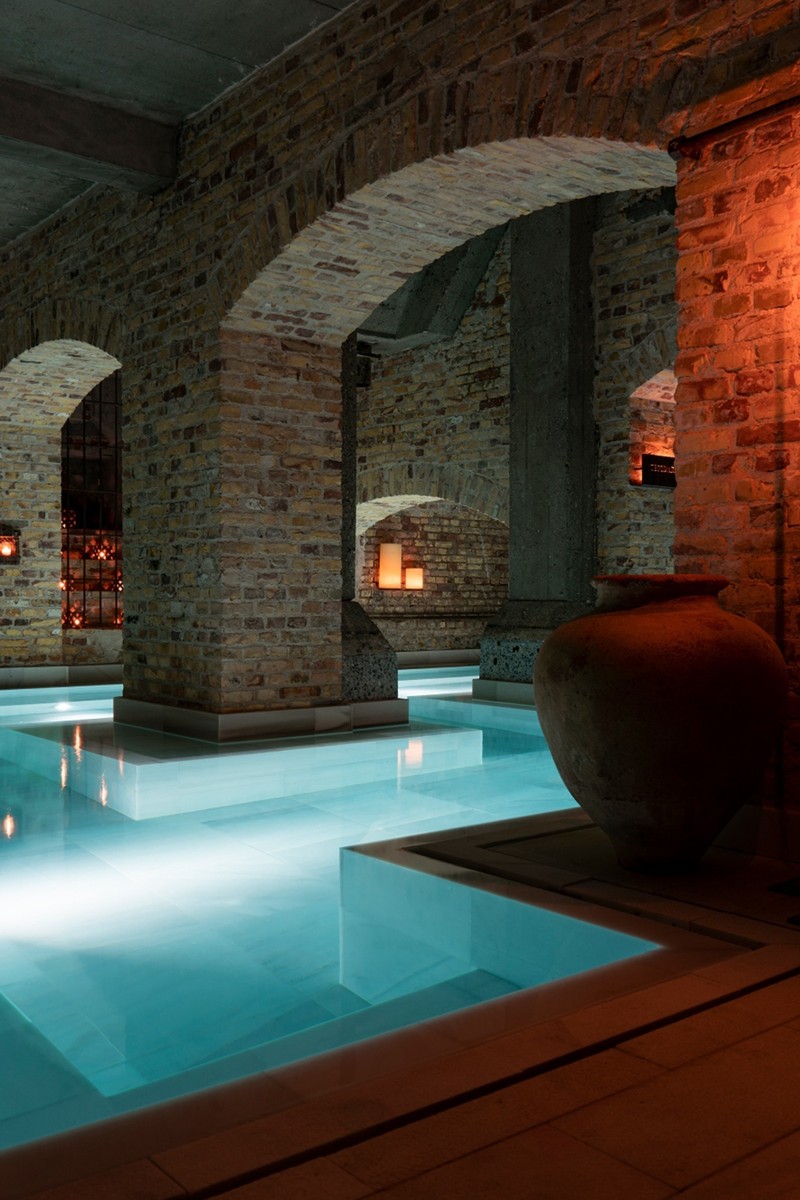How Cycle Syncing Keeps This Fitness Entrepreneur On Track
Eating breakfast is a must for stable hormones. For years, I skipped breakfast in favour of intermittent fasting, but while working on The Female Curve and studying the research into female physiology, I learnt that intermittent fasting isn’t favourable for a female body. Fasting can drive up cortisol levels, which promotes fat storage and zaps energy. This is something that, as women, we need to pay attention to during the luteal phase of our cycle when the body’s overall calorie needs increase. In the long term, elevated cortisol can develop into adrenal fatigue and burnout. Being more in tune with my body and cycle has been a game-changer for me.
I never work out on an empty stomach. If I’m training in the morning, I’ll always eat something before my session – it keeps cortisol levels down and gives me energy. I usually have either porridge with almond butter and a sprinkle of salt, or a piece of sourdough toast with a poached egg and home-cured salmon. On the weekend, it’s always a pain au raisin.
Athletic Greens is such a well-rounded supplement. I swear I feel better when I take it every morning. It contains 75 vitamins, minerals and wholefood-sourced nutrients in one serving and can be easily mixed with water. When I remember, I take it first thing in the morning before breakfast to optimise absorption.
Protein is a post-workout essential. Eating protein within half an hour of exercise is super important, particularly for women – it will give your body the immediate fuel it needs to rebuild lean muscle and aid recovery. Centuries of male bias has created a set of recommendations that often work against women’s hormones, but fortunately this attitude is shifting. I’m a fan of protein smoothies – I use vegan protein powder and switch the brands up every few months to keep my tastebuds happy.
‘Eat the rainbow’ is my food motto. I naturally gravitate towards a Mediterranean-style diet – all my meals are colourful and full of various fruits and vegetables. I prioritise protein too, and always build a meal around a lean protein source to support health, avoid hunger, manage recovery and build metabolism. All women I come across find it hard to eat sufficient protein, but it becomes even more important as we age to stay lean and healthy.
Your body needs 16% more calories in the week before your period. I used to have intense sweet cravings around eight days before the start of my cycle and needed chocolate so much I almost felt possessed. When researching for The Female Curve, I learned hormones are the cause of this increased hunger. In the late luteal phase, both oestrogen and progesterone decline, which leads to bloating, inflammation and cravings. As the body prepares itself for the possibility of pregnancy, your carb-burning ability reduces, and the hormonal changes mean your metabolism speeds up and your caloric needs increase by 16%, equivalent to 250-350 calories. Adding these extra calories to diet in the form of healthy carbs like roasted vegetables, lentils and brown rice helped me curb sugar cravings.
I take a few months off from drinking every year. I love not drinking – it makes me feel incredibly focused and energised, and the compound effect of not drinking on your body and mind over several weeks and months is incredible. But I also love to have a drink to unwind. I have found my balance with alcohol in not drinking for a couple of months at a time, and then having a couple of weeks where I relax a bit. I love a good white wine and adore tequila.
My relationship with my body hasn’t always been this good. I’ve been on every diet imaginable – from keto to juicing, you name it – but a shift happened when I understood how the female body works, and what’s realistic. Having periods of indulgence is normal. Now, I don’t obsess about it so much as I understand that the body has an ability to bounce back pretty quickly. If I’ve been on holiday or need to reset, I’ll do more strength training and track my food (especially protein) on My Fitness Pal for a few days.
Fitness is a huge part of my life. I used to run a lot, but I battle sciatica, so now I stick to strength training and spinning. I aim for two to three weights sessions a week alongside a Peloton class and 5,000-10,000 steps a day. I like to say we do strength for our bodies and cardio for the mind – nothing beats the endorphin rush from a tough cardio session. For strength training, I’ll either head to ONE LDN for a class – the coaches are amazing – or if I want to train solo, I’ll do a Female Curve class. The app syncs to my cycle phase and classes are broken down into upper, lower and full-body days. The follicular phase – the week after your period – is a great time to get stuck into more challenging workouts. I’d never do a HIIT workout now – they can throw your hormones off balance, especially in the luteal phase.
Strength training is the secret to a leaner body. I used to be a cardio junkie – I even ran an ultramarathon – but lifting weights has been the biggest revelation. I can’t believe it took me years to realise that strength training is a must for those looking to tone up, build lean muscle, burn fat and age-proof the body. As women, we start to lose muscle mass from our 30s onwards at a very rapid rate, which slows the metabolism. Many women shy away from strength training fearing it will make them bulky, but the reality is that we don’t produce anywhere near enough testosterone for this to happen. In fact, women need to work at keeping toned and strong.
Escaping the city keeps my mental health on track. I’m an incredibly outdoorsy person, and I get out of the city when I can. Every Sunday, I go for a walk in the country, and from April to November, I wake-surf weekly at Thorpe Lakes. Being outdoors doing different sports is my biggest mental health remedy. I love Richmond Park and Box Hill, and once a year I plan a five-day hiking trip to the Alps. I love wild swimming, too, and recently took up golf. When I can’t escape London, I go to Hyde Park.
I take recovery seriously. I see an osteopath weekly to help with stress reduction, and book in for a massage every three weeks. I recently started using compression boots, which have proven to be a great way to reduce water retention in the legs and aid lymphatic drainage. Hot and cold therapy also gets my vote – you’ll often find me at a Russian banya or the Aire Baths.
Magnesium aids relaxation. Despite being so active, I’m a terrible sleeper. Magnesium is one of the only things that helps me unwind. Magnesium not only helps you fall asleep more easily, it minimises night-time waking, regulates the nervous system and supports muscle function. Exercise and stress both deplete your magnesium stores, so if you’re burning the candle at both ends, it could be worth taking a supplement.
Visit TheFemaleCurve.com
DISCLAIMER: Features published by SheerLuxe are not intended to treat, diagnose, cure or prevent any disease. Always seek the advice of your GP or another qualified healthcare provider for any questions you have regarding a medical condition, and before undertaking any diet, exercise or other health-related programme
DISCLAIMER: We endeavour to always credit the correct original source of every image we use. If you think a credit may be incorrect, please contact us at info@sheerluxe.com.
